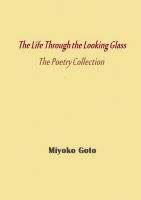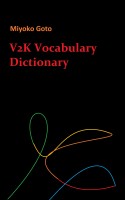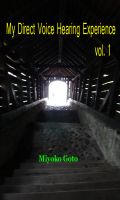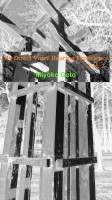German says underage people should not eat or drink something that contains over 4Bq/kg of cesium. For the adults, 8Bq/kg is the limit. Their study is based from the Chernobyl accident. Currently, Japanese rice might contain 52Bq/kg of cesium. Japan's legal limit is 500Bq/kg. Isn't it amazing to see how two digits different from what German thought safe and Japanese thought safe??? I'm sure no one would die from eating steam rice containing 499Bq/kg of cesium. But in a long run... well suicide is about 6.5 times higher than the death by the traffic accident. Probably, these who got sick from cesium would simply kill themselves or made it look like suicide by the Japanese intelligence killing them.
Hey, I have a suggestion. You can sell to Japan the foods that could not sold to Germany because of not passing 8Bq/kg limit. That sounds safer than those blended foods mixing the local ones with from Fukushima in Japan.
未成年者は1kgあたり4ベクレル(Bq)以上、成人は1kgあたり8Bq 以上のセシウム137を含む飲食物を摂取しないことを推奨
ドイツ放射線防護協会が、福島原発事故の発生後の日本において、放射線核種(放射性物質)を含む食物の摂取による被ばくの危険性を最小限に抑えるため、 チェルノブイリ原発事故の経験をもとに考察・算定を行い、以下の提言を行っている。
1‐放射性ヨウ素が現在多く検出されているため、日本国内に居住する者は当面、汚染の可能性のあるサラダ菜、葉物野菜、薬草・山菜類の摂取は断念すること が推奨される。
2‐評価の根拠に不確実性があるため、乳児、子ども、青少年に対しては、1kgあたり4ベクレル(Bq)以上のセシウム137を含む飲食物を与えないよう 推奨されるべきである。成人は、1kgあたり8Bq 以上のセシウム137を含む飲食物を摂取しないことが推奨されるべきである。
3‐日本での飲食物の管理および測定結果の公開のためには、市民団体および基金は、独立した放射線測定所を設けることが有益である。ヨーロッパでは、日本 におけるそのようなイニシアチブをどのように支援できるか、検討すべきであろう。
(http://infosecurity.jp/archives/10141; http://icbuw-hiroshima.org/wp-content/uploads/2011/04/322838a309529f3382702b3a6c5441a31.pdf)
















0 comments:
Post a Comment